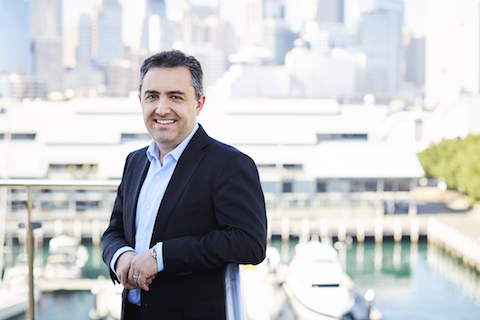Google rejects Senator’s allegations of ‘misusing market power’
Managing director of Google Australia and New Zealand, Jason Pellegrino, disputed allegations the company is abusing its market power, in an appearance before the Senate Inquiry on the Future of Public Interest Journalism this morning.
Senator Nick Xenophon accused the tech giant of demanding publishers adopt the ‘First Click Free’ changes as both Google’s and Facebook’s Australian representatives answered Senators’ questions during the latest Sydney hearings.
The accusations, made towards the end of Google’s appearance, suggested the company was lowering websites in their search rankings if the publishers did not adopt the program which allows Google and some users to see behind a paywall for free.

Jason Pellegrino, managing director of Google Australia and New Zealand

